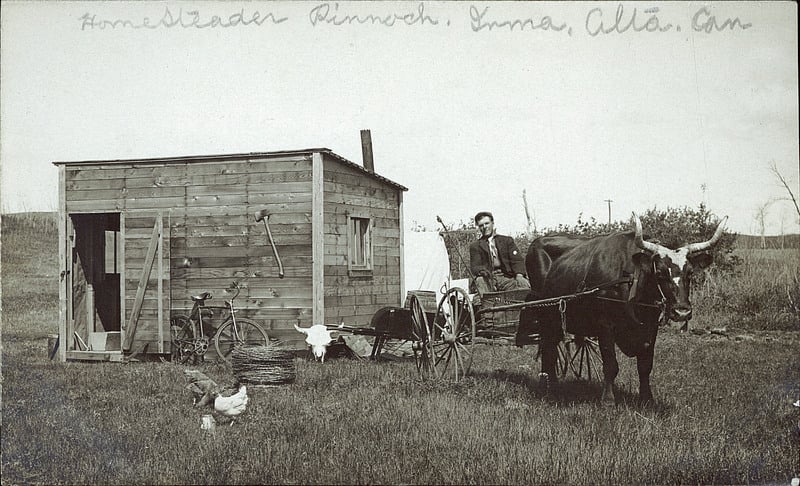The Rise and Fall of Mars Hill has led to much reflection on the state of the modern evangelical soul. One thing that stood out from the podcast is that Driscoll and many like him have capitalized on the perception that there’s a “crisis of masculinity” — that in some fumbled generational handoff, men at some point forgot how to be men. Pastoral gurus like Driscoll then step in to provide the needed instruction.
Login to read more
Sign in or create a free account to access Subscriber-only content.
Topics:
